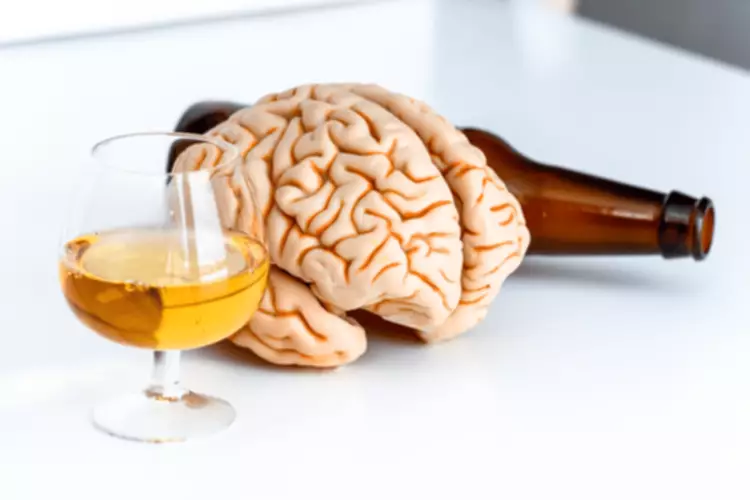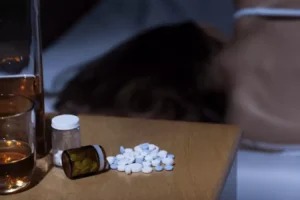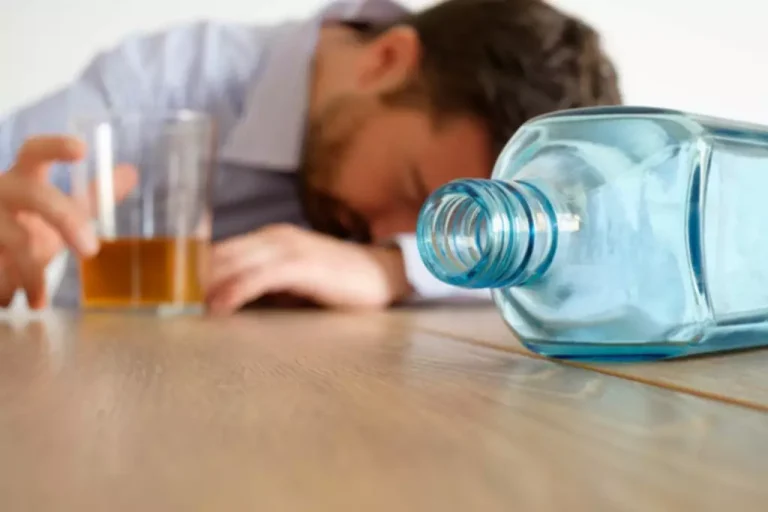Green Tea Health Benefits: Debunking Facts vs Myths

Alcoholism is a disease that we can’t see or often understand unless we’ve experienced it ourselves. All we can see are the repercussions and impact it leaves on the addicts and their loved ones. As a result, it’s easy to believe misconceptions about this invisible disease — but these false perceptions can ultimately be damaging to both recovery and relationships. Let’s take a closer look at some of these myths about alcohol and uncover the actual truth behind them. It literally affects every organ and also devastates relationships, finances and careers. When you are ready to help your loved one overcome his or her addiction, Footprints is here.
Myth: Drinking is always safe in moderation.
Professional medical staff can assist in the difficult process of withdrawal, making the transition into sobriety less daunting. This suggests that the saying is more of a cultural myth rather than a guideline supported by scientific evidence. While alcohol consumption may induce a temporary feeling of warmth, its overall impact on the body leads to a decrease in core temperature.
Myth: Wine or beer won’t make you as drunk as hard liquor.

While alcohol may make socializing feel easier, it can lead to oversharing, misinterpreting others’ emotions, and not presenting yourself as intended. To avoid these effects, limit your drinking at social events and drink water between drinks to stay alert. Although people turn to alcohol to reduce anxiety, distract their https://ecosoberhouse.com/ minds, and boost their moods, it’s important to remember that alcohol is ultimately a depressant. As a neuroscientist and behavioral change coach, I’ve had many eye-opening conversations with clients about the truths around alcohol. There’s no safe level of consuming alcohol—and the health benefits are vastly out-stated.
- Contrary to the “hair of the dog” approach, evidence suggests that additional alcohol consumption may temporarily dull symptoms but ultimately delays the hangover recovery process.
- You do not need to drink every day to have a problem with alcohol.
- In truth, any amount of binge drinking (drinking to get drunk) is a threat to your safety and health.
- A common myth around teens and young adults is that it’s more responsible to give minors alcoholic drinks with adult supervision.
Myth #6: Drinking is only problematic if you do it every day.
This approach involves limiting alcohol consumption, specifically for people who aren’t physically dependent on alcohol. But while women may reach the “drunk driving” limit — 0.08 percent blood alcohol — sooner, alcohol can impair driving at much lower blood alcohol levels. So “don’t drink and drive” remains sound advice for everyone.
- Our Treatment Advisors are available 24 hours a day to help you or a loved one access care.
- To destress in a more effective and healthy way, pick a different coping strategy like exercise, a fun hobby, or spending time with loved ones.
- You see, the frequency and patterns of drinking can vary from person to person.
- But it does mean that you shouldn’t assume it’s benefiting your health, or that it’s guaranteed to be safe.
Myth #9: Alcoholics drink every day, all-day
This can also lead to a higher heart rate and lower heart rate variability (both symptoms of stress on your body) during the withdrawal period. The reasoning behind this idea is that red wine contains an antioxidant compound known as flavonoids. Flavonoids are cardioprotective, but you’d have to drink a lot of wine to benefit. By that point, you’ve counteracted any health-related benefit by exposing yourself to the damaging effects of alcohol. Since consuming alcohol is such an accepted (and sometimes even encouraged!) habit, it’s no surprise that there are prevalent myths and misconceptions about the health of this substance. Alcohol abuse treatment programs teach people how to move into an alcohol-free lifestyle while teaching them healthy coping strategies.
Myth: A person with strong willpower is less likely to develop alcohol use disorder
Here we explore ten common myths or misconceptions concerning alcohol and alcohol use disorder (AUD). Alcohol use disorder is a potentially deadly illness, and we want to dispel these myths as part of our educational endeavors targeted to this month’s mission. Alcoholism affects everyone around the alcoholic, especially those closest to him or her. Ultimately, the best way to avoid a hangover is to drink in myths about alcoholism moderation, stay hydrated, and understand one’s personal limits when it comes to alcohol consumption. Additionally, alcohol has been shown to reduce the natural shivering response, an involuntary action that generates heat and helps to keep the body warm. The initial warmth felt after consuming alcohol is deceptive and can lead to a dangerous drop in body temperature, especially in cold weather conditions.

- Beverages containing both caffeine and alcohol have been popular for some time, precisely because they allow a person to get intoxicated without feeling drowsy.
- In fact, research shows that individuals who engage in comprehensive and personalized recovery programs have higher success rates in achieving long-term sobriety.
- Instead, you should keep track of how long alcohol can stay in your system, drink lots of water and wait for your body to clear it all out.
- First, let’s look at where different varieties of teas come from.
- Alcohol use disorder is a potentially deadly illness, and we want to dispel these myths as part of our educational endeavors targeted to this month’s mission.
- This can also lead to a higher heart rate and lower heart rate variability (both symptoms of stress on your body) during the withdrawal period.
“So the actual cause (of any health benefit) probably wasn’t the alcohol at all,” Dr. Oesterle says. Alcohol use disorder isn’t the only alcohol-related condition that could cause harm. So, while you may temporarily feel at ease in the moment, you can feel more stressed the day after.

